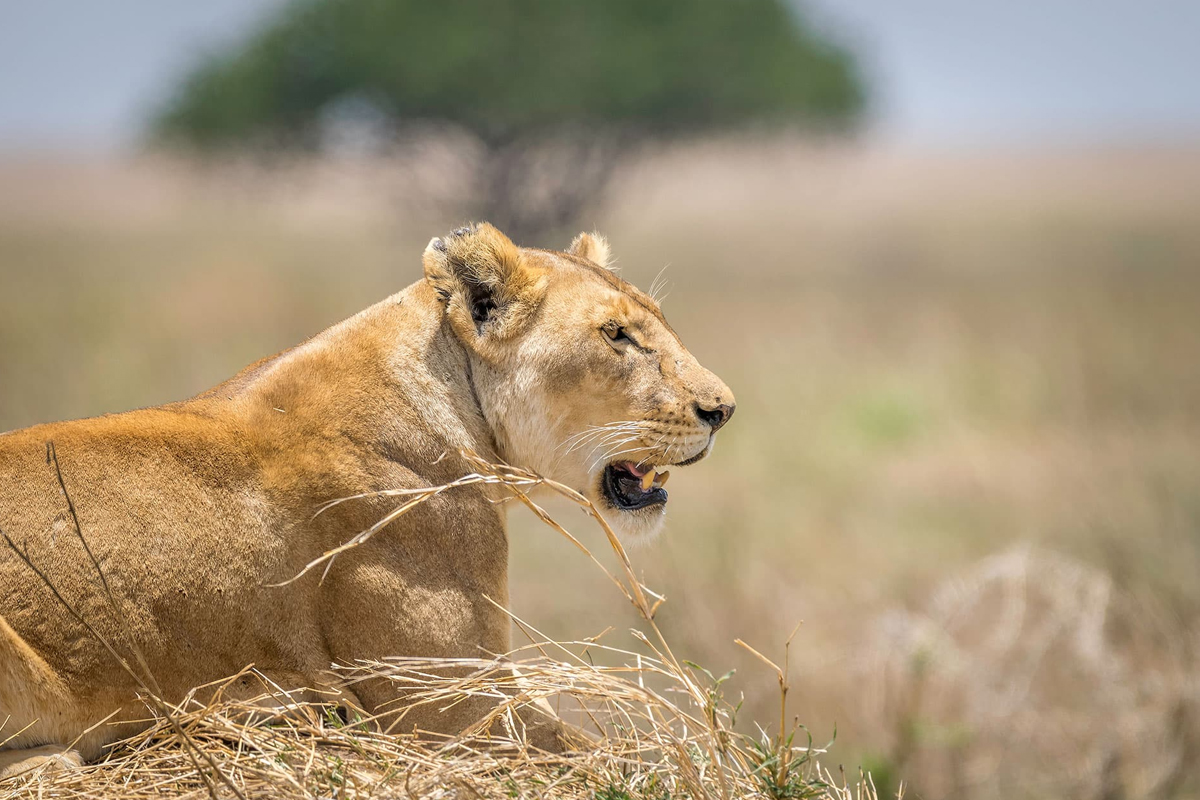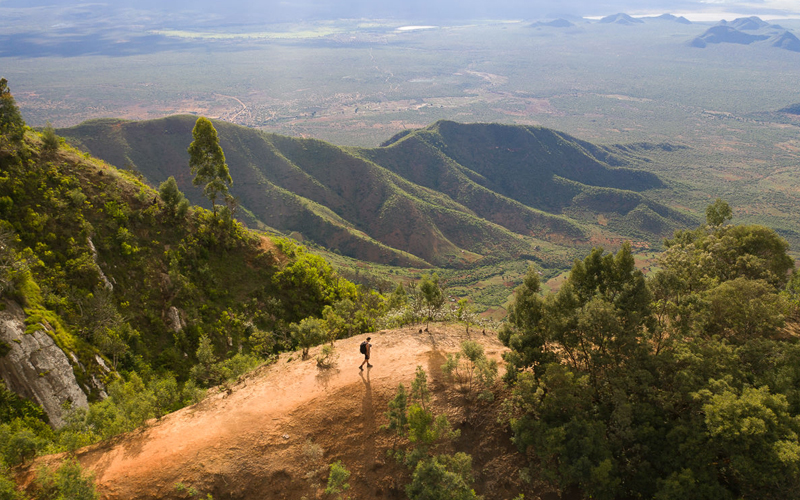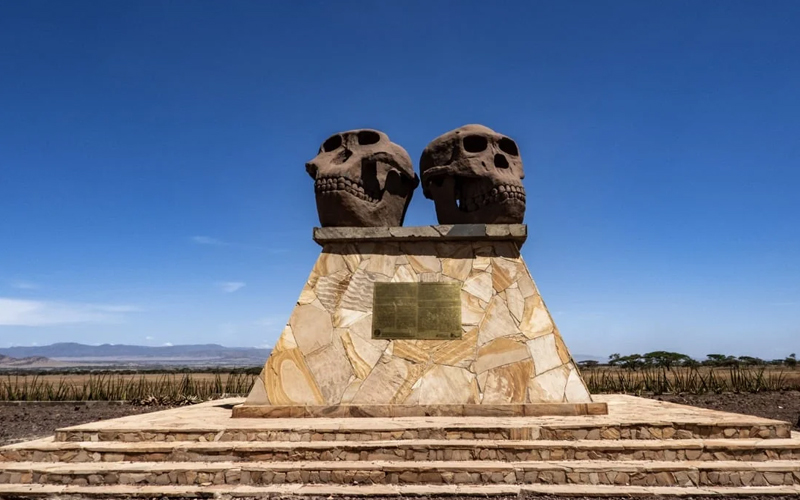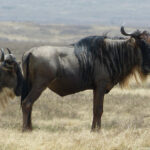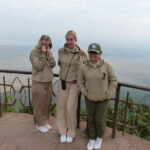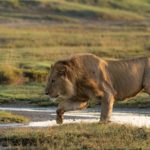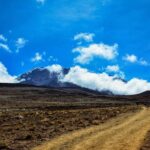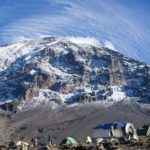Embarking on a safari in Tanzania is more than just a vacation; it’s an unforgettable journey into the heart of the wild. From the vast plains of the Serengeti to the lush landscapes of the Ngorongoro Crater, Tanzania offers a plethora of unique experiences that cater to every type of traveler. Whether you’re a wildlife enthusiast, a nature lover, or seeking a serene escape, a Tanzania safari provides numerous benefits that make it a top destination for adventurers worldwide. In this article, we’ll explore the myriad benefits of experiencing a safari in Tanzania, from close encounters with wildlife to cultural enrichment and beyond.
Unparalleled Wildlife Encounters
- The Big Five and More: Tanzania is home to an incredible diversity of wildlife, including the famed Big Five: lions, leopards, elephants, rhinos, and buffalo. The country’s national parks and reserves offer some of the best opportunities to see these majestic animals in their natural habitats. The Serengeti, in particular, is renowned for its dense populations of predators and herbivores, making it a prime location for thrilling wildlife sightings.
- The Great Migration: One of the most spectacular events in the natural world, the Great Migration involves over a million wildebeest, along with hundreds of thousands of zebras and gazelles, as they traverse the Serengeti in search of fresh grazing. This dramatic journey, marked by perilous river crossings and predator encounters, is a must-see for any safari enthusiast.
- Birdwatching Paradise: Tanzania is a haven for birdwatchers, boasting over 1,100 species of birds. From the strikingly colorful lilac-breasted roller to the majestic African fish eagle, the avian diversity in Tanzania is astounding. Parks like Lake Manyara and Tarangire are particularly renowned for their birdlife.
Stunning Natural Landscapes
- Diverse Ecosystems: Tanzania’s diverse ecosystems range from the savannahs of the Serengeti to the dense forests of the Mahale Mountains and the volcanic landscapes of Ngorongoro. Each region offers unique scenery and opportunities for exploration, making every safari experience distinct and enriching.
- Mount Kilimanjaro: Mount Kilimanjaro, standing majestically as Africa’s highest peak, is a significant draw for adventurous travelers and nature enthusiasts alike. Its snow-capped summit, a striking feature against the Tanzanian landscape, offers a challenging yet rewarding experience for climbers from around the world. The journey to the top takes you through diverse climatic zones, from lush rainforests teeming with wildlife to alpine deserts and the icy summit, each providing its own unique beauty and challenges. Even for those not inclined to climb, the presence of Kilimanjaro enhances the safari experience, as its towering presence and surrounding ecosystems offer breathtaking backdrops for wildlife viewing and photography. The mountain’s grandeur and the diverse flora and fauna in its vicinity create an unforgettable addition to any Tanzanian adventure, highlighting the country’s rich natural diversity and beauty.
- Pristine Beaches of Zanzibar: After the excitement of a thrilling safari, the pristine beaches of Zanzibar offer the perfect retreat to unwind and rejuvenate. The island’s idyllic beaches, with their turquoise waters and powdery white sandy shores, provide a serene and picturesque setting that is a tranquil contrast to the wild adventures of the mainland. Here, you can relax under the swaying palm trees, enjoy refreshing dips in the crystal-clear ocean, and partake in a variety of water sports such as snorkeling, diving, and sailing. The calm and laid-back atmosphere of Zanzibar’s beaches allows you to soak in the natural beauty and serenity of this tropical paradise, making it an ideal conclusion to your Tanzanian adventure.
Cultural Enrichment
- Maasai and Other Indigenous Tribes: A Tanzania safari offers a chance to learn about the rich cultures of indigenous tribes such as the Maasai, Hadzabe, and Datoga. Visiting these communities provides insight into their traditional ways of life, customs, and crafts, enriching your travel experience with cultural depth.
- Historical Sites: Tanzania is home to several UNESCO World Heritage Sites, offering a rich tapestry of history and culture to explore alongside its renowned wildlife. Among these, the ancient rock art at Kondoa provides a fascinating glimpse into the lives and beliefs of early human societies. These intricate paintings, some of which date back thousands of years, depict a variety of scenes from everyday life, spiritual rituals, and hunting activities. Additionally, the ruins of Kilwa Kisiwani, a once-thriving Swahili trading city, stand as a testament to the region’s historical significance in maritime trade across the Indian Ocean. Exploring these sites not only enriches your safari experience with a historical dimension but also connects you deeply with the vibrant and complex past of Tanzania, enhancing your understanding and appreciation of the region’s cultural heritage.
Adventure and Excitement
- Guided Game Drives: Game drives are the cornerstone of any safari, and Tanzania offers some of the best-guided experiences. Expert guides lead you through the wilderness, sharing their knowledge of animal behavior, plant life, and the ecosystem, ensuring you have an informative and thrilling adventure.
- Walking Safaris: For a more intimate experience with nature, walking safaris offer the chance to explore the bush on foot. Accompanied by knowledgeable guides, you can track wildlife, learn about the smaller details of the ecosystem, and enjoy the thrill of being up close to nature.
- Hot Air Balloon Rides: Seeing the Serengeti from above in a hot air balloon is an unforgettable experience. The aerial perspective provides a unique view of the landscape and wildlife, offering unparalleled photographic opportunities and a sense of tranquility as you float silently over the plains.
Sustainable Tourism
- Conservation Efforts: Many safari operators in Tanzania are committed to sustainable tourism practices. By choosing eco-friendly lodges and tours, you support conservation efforts that protect wildlife and their habitats. These initiatives help preserve Tanzania’s natural beauty for future generations.
- Community Support: Sustainable tourism plays a crucial role in supporting local communities in Tanzania. Many safari camps and lodges prioritize employing local staff, ensuring that economic benefits directly reach the residents. This not only provides job opportunities but also fosters skill development and empowers individuals within the community. Additionally, these establishments often engage in and support various community projects, such as building schools, healthcare facilities, and clean water initiatives. By investing in these areas, sustainable tourism helps improve the quality of life for residents, promoting education, health, and overall well-being. This symbiotic relationship between tourism and local communities ensures that while travelers enjoy an authentic and enriching experience, they also contribute positively to the regions they visit, fostering a more sustainable and equitable tourism model.
Health and Wellness
- Reconnecting with Nature: Spending time in nature has proven health benefits, including reduced stress, improved mood, and enhanced mental clarity. A safari in Tanzania allows you to disconnect from the hustle and bustle of daily life and immerse yourself in the natural world.
- Physical Activity: From game drives to walking safaris and climbing Mount Kilimanjaro, a Tanzania safari offers plenty of opportunities for physical activity. Engaging in these activities promotes fitness and well-being, adding another layer of benefit to your adventure.
Luxury and Comfort
- World-Class Accommodations: Tanzania offers a range of accommodations, from luxurious lodges to tented camps, ensuring comfort and style during your safari. Many lodges provide top-notch amenities, gourmet dining, and personalized service, creating a perfect blend of adventure and relaxation.
- Exclusive Experiences: For those seeking exclusivity, private game reserves, and luxury camps offer bespoke safari experiences. These tailored adventures provide privacy, personalized service, and unique activities, such as private guided walks and dinners under the stars.
Family-Friendly Safaris
- Educational Experiences for Kids: A Tanzania safari can be a fantastic educational experience for children, teaching them about wildlife, ecosystems, and different cultures. Many lodges offer family-friendly activities and programs designed to engage young explorers.
- Quality Family Time: Sharing the excitement of wildlife sightings and outdoor adventures strengthens family bonds and creates lasting memories. A safari in Tanzania provides a unique opportunity for families to connect and experience the wonders of nature together.
Photography Opportunities
- Capturing Stunning Wildlife: Tanzania’s diverse wildlife and breathtaking landscapes offer endless photographic opportunities. Whether you’re a professional photographer or an amateur enthusiast, the chance to capture images of iconic animals and scenic vistas is a significant draw.
- Expert Photography Guides: Many safari operators provide photography-focused tours with expert guides who can help you capture the best shots. These guides offer tips on techniques and positioning, ensuring you return home with stunning images of your safari adventure.
A safari in Tanzania is more than just a journey; it’s an immersive experience that offers countless benefits. From witnessing the awe-inspiring Great Migration and encountering the Big Five to exploring diverse ecosystems and engaging with local cultures, Tanzania provides a rich tapestry of experiences that cater to all interests. Whether you seek adventure, relaxation, cultural enrichment, or wildlife encounters, a Tanzania safari promises an unforgettable and life-enriching adventure. Embrace the opportunity to connect with nature, support conservation efforts, and create lasting memories in one of the world’s most remarkable destinations.
FAQs
What is the best time to go on a safari in Tanzania?
The best time for a safari in Tanzania is during the dry season from June to October when wildlife viewing is at its peak due to animals congregating around water sources. However, each season offers unique experiences, so it depends on your preferences.
Are safaris in Tanzania safe?
Yes, safaris in Tanzania are generally safe when conducted with reputable operators. Professional guides are trained to ensure your safety and provide a secure and enjoyable experience.
What should I pack for a Tanzania safari?
Pack light, breathable clothing, neutral colors, a wide-brimmed hat, sunscreen, insect repellent, binoculars, and a camera. Layered clothing is advisable for varying temperatures.
Can I see the Great Migration year-round?
The Great Migration is a continuous cycle throughout the year, but the best time to witness it depends on what part of the migration you want to see. The Mara River crossings, for example, are best viewed from July to September.
Is a Tanzania safari suitable for families with children?
Yes, many safari lodges and camps offer family-friendly accommodations and activities. A safari in Tanzania can be an educational and memorable experience for children, providing opportunities to learn about wildlife and different cultures.

